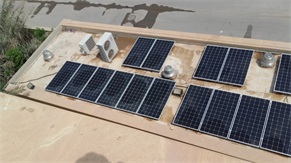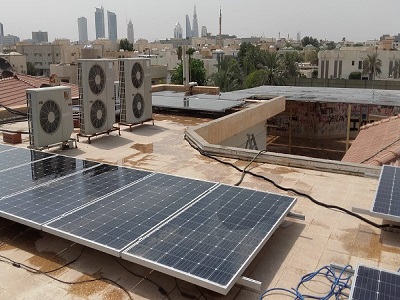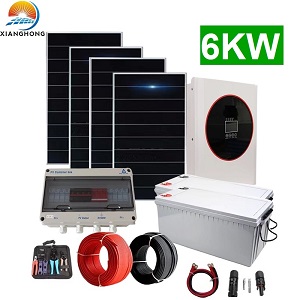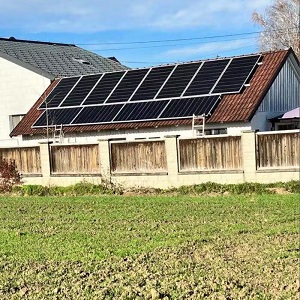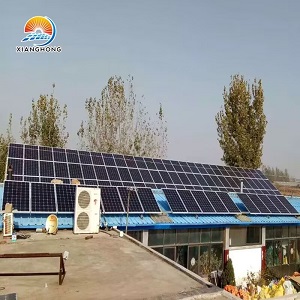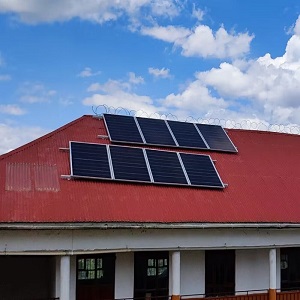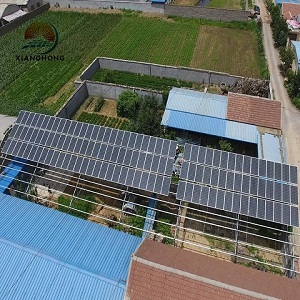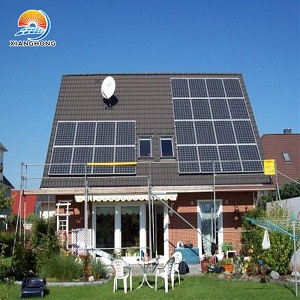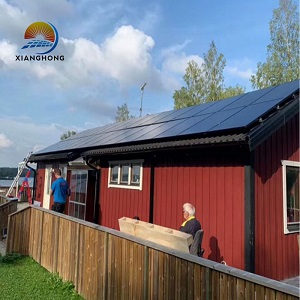How to Determine How Much Solar System Power Your Home Needs?
 Xianghong
Xianghong  August 16,2024
August 16,2024
With the development of solar technology and the popularity of renewable energy, more and more people are considering installing solar systems to meet their energy needs. Determining the required solar system power is an important step that directly affects system efficiency and cost. Knowing how much electricity your home uses is very important to help you better manage your energy consumption and choose the right solar system. This article will introduce several commonly used methods to help you calculate the power consumption of your home.
First, you need to analyze your electricity needs. Carefully consider the electricity consumption of your home or business, including the power and usage hours of appliances, lighting, air conditioning, heating, and more. Knowing the power requirements of each device and the hours of use per day can help you calculate the total power required.
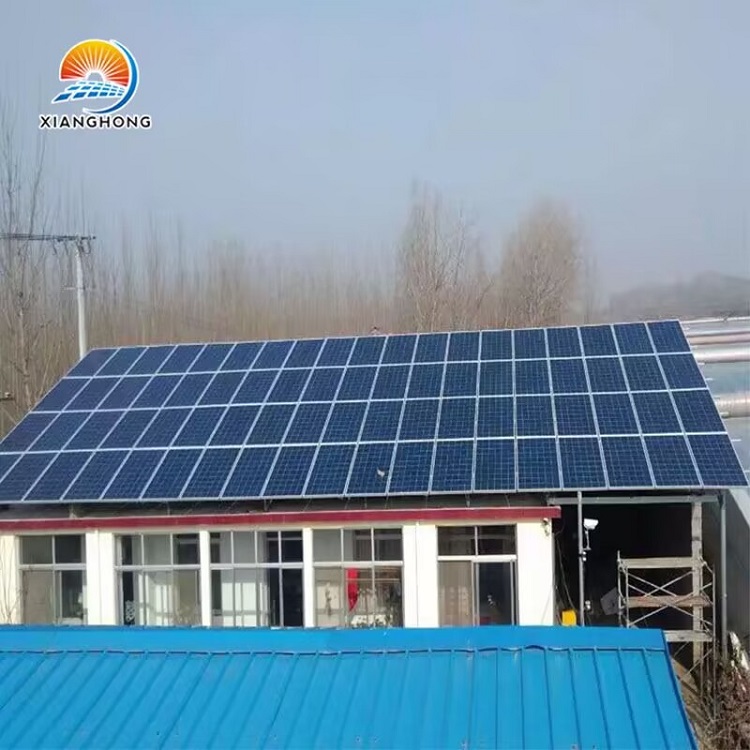
Electricity bills usually show your home's electricity usage in kilowatt-hours (kWh). You can calculate your average monthly electricity usage by looking at your bills for the past few months. Then, divide the monthly electricity consumption by the number of days of electricity usage per day to get the average daily electricity consumption.
An energy monitoring device is a practical tool that can help you monitor your home's electricity consumption in real-time. These devices are usually connected to the circuit through an outlet or a meter and provide real-time data on the power being used. You can use these devices to track the power usage of individual appliances and devices in your home and calculate overall power usage.
Every appliance and device usually has wattage information on its label or instruction manual. Power is expressed in watts (W). You can look at the wattage labels for each appliance and device and add them up to calculate your overall wattage usage. Note that some devices may have standby power consumption, so this should be taken into account when calculating.
If you do not have access to a device's power label, you can also use the power calculation formula to estimate power consumption. Power (P) is equal to current (I) times voltage (V), or P = I × V. You can use ammeters and voltmeters to measure the current and voltage of appliances and equipment and multiply them together to calculate wattage.
Observing and analyzing your home's electricity usage patterns can also help you estimate your electricity usage. Pay attention to which appliances and equipment are used the most and at what times, as well as when and for how long they are used. Based on this information, you can estimate the power usage for each time period and calculate the overall power usage.
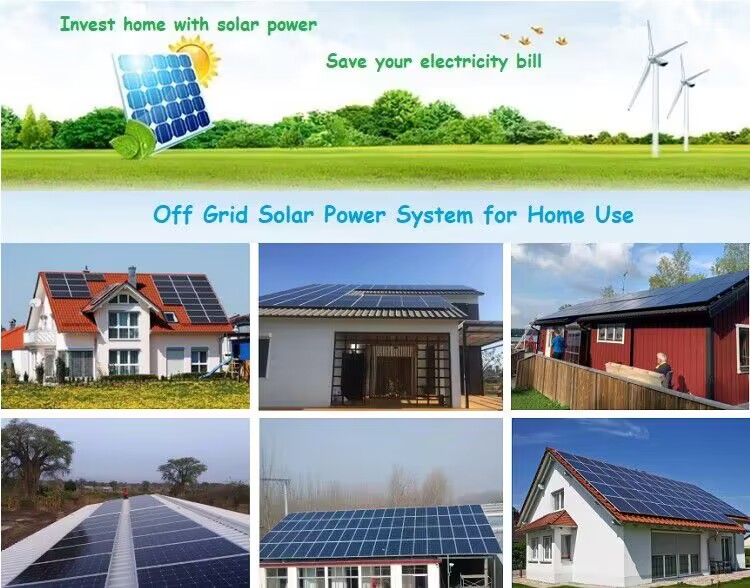
Consider Sunlight Conditions
The generating capacity of a solar system is directly related to insolation conditions. The intensity and duration of sunlight vary from region to region. Knowing the sun conditions in your area is one of the key factors in determining the power required. You can obtain accurate sunshine information by consulting local weather data or consulting professionals.
Consider energy-saving measures
When determining the power required, also consider whether you have taken energy-saving measures. By improving energy efficiency and reducing energy waste, you can reduce the power demand on your solar system. For example, using energy-efficient appliances, improving building insulation, and optimizing lighting systems can all reduce overall energy consumption.
consult a professional
If you are confused about calculating wattage and choosing a solar system, it is recommended to consult a professional. Solar system installation companies or Qingdao Xianghong Energy Consultants can provide you with accurate power calculations and system selection suggestions based on your specific needs and existing conditions. They can help you make an informed decision by considering factors such as system efficiency, battery storage needs, and system scalability.
Consider future extensions:
When determining the required power, future expansion needs should also be considered. If you anticipate that your home or business's electrical needs will increase, you can allow some headroom in your planned solar system for future system expansion. This avoids frequent system replacements or upgrades, saving cost and time.
Through the above methods, you can calculate the power consumption of your home. This will help you better understand your home's energy consumption and provide a valuable reference when choosing a solar system. Whichever method you choose, make sure to measure and estimate power accurately, taking into account the effects of standby power consumption and power usage patterns. This way, you'll be able to manage your home's energy consumption more efficiently and make informed decisions.

